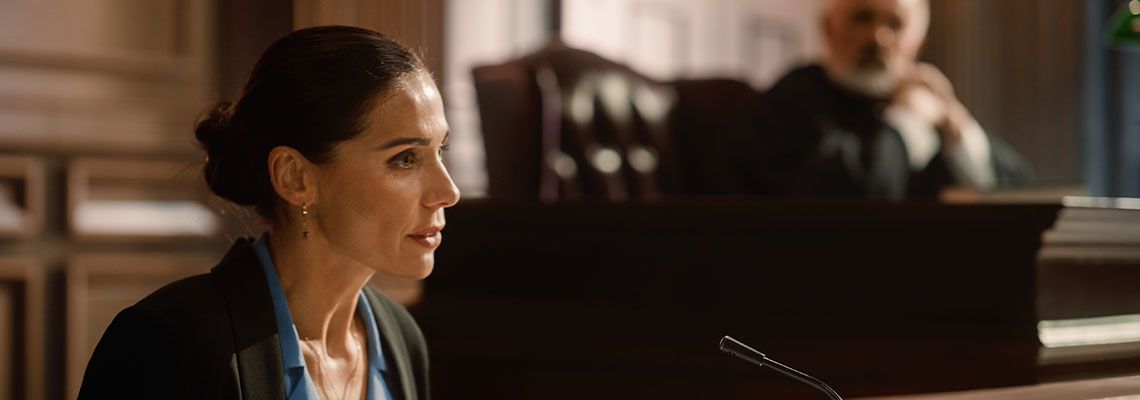
The Validity of Eyewitness Testimony
From watching movies and TV shows filled with courtroom drama, we’re conditioned to believe that eyewitness testimony is always the deciding factor in criminal cases. However, the validity of eyewitness testimony can actually be questionable and while it certainly does play a big role in a criminal trial, it’s essential to understand its limits and its potential risks.
In a study conducted by The Innocence Project, data shows that around 69% of wrongful convictions that were later overturned using DNA evidence were originally convicted in large part by eyewitness testimony. If you’re facing criminal charges and want to know more about how eyewitness testimony may be used for and against you, call the Wolfe & Mote Law Group, LLC in Columbus, Ohio, to speak with a criminal defense attorney.
Role of Eyewitness Testimony in a Trial
Eyewitness testimony is used frequently in criminal trials by both the prosecution and defense and it can be a powerful tool to sway judges and juries. It’s often used to corroborate details already laid out by your lawyers, to establish a timeline of events, to establish alibis, or to identify certain people involved in an incident. It’s also often used in conjunction with other pieces of evidence in criminal trials.
For example, if there’s forensic evidence linking an individual to the scene of the crime, an eyewitness may be brought in to place them there at a certain time that would correspond with the crime that was committed.
Pros and Cons of Eyewitness Testimony
The use of eyewitness testimony can often be dramatic and sensational in the courtroom, but it’s not always in your best interest to pursue it. By working with your attorney, you can better understand which types of evidence will be the most helpful in your particular trial.
When it can be useful
Because juries tend to trust eyewitness testimony, it can be an incredibly useful tool when used correctly. As a form of “direct” evidence, it can clearly link certain people to a time and place especially if there is more than one witness who can testify. It’s also helpful when trying to present an overall picture of a sequence of events or timeline.
When it can be unreliable
However, just because eyewitness testimony can make for an exciting courtroom moment, it's not without its limits. For example, if the trial is taking place several months or even a year after the crime (which is not at all uncommon), the witness’s memory will have faded and become much more unreliable.
The more time that passes, the less a person is able to accurately remember and they may even construct false memories during this time. Witnesses can also be affected and manipulated by external factors such as an aggressive line of questioning from a lawyer or their own emotions and personal experiences.
How Influential Is Eyewitness Testimony?
Even with all its potential flaws, eyewitness testimony still carries a lot of weight in a criminal trial and can make a big impact on the jury.
The good news is that an experienced criminal defense attorney will know which testimonies will be most effective in their defense and carefully select the type of evidence that’s most likely to help you. They will also be able to identify inconsistencies in the prosecution’s witness testimony. Through cross-examination, they will call into question the validity of the testimony and educate the jury on why the eyewitness may not be reliable.
Strong & Reliable Legal Representation
There’s nothing easy about going through a criminal trial, but obtaining skilled legal counsel can drastically increase your chances of a favorable result. For help in and around Columbus, Ohio, reach out to the Wolfe & Mote Law Group, LLC to schedule a consultation. The firm extends its services to those throughout Dublin, Westerville, Gahanna, Hilliard, and the surrounding areas of Licking County, Newark, Heath, Granville, Fairfield County, Lancaster, Pickerington, Delaware County, City of Delaware, Lewis Center, and Powell.
